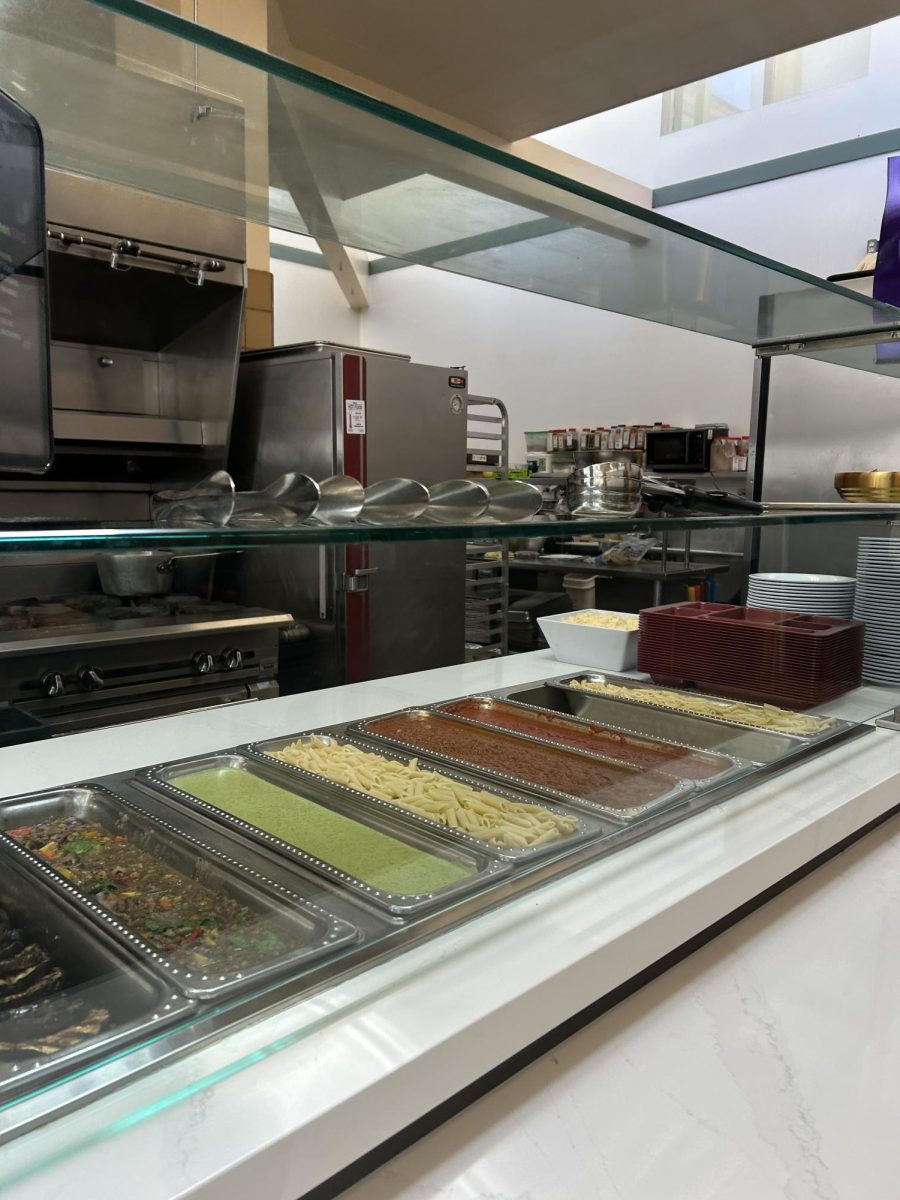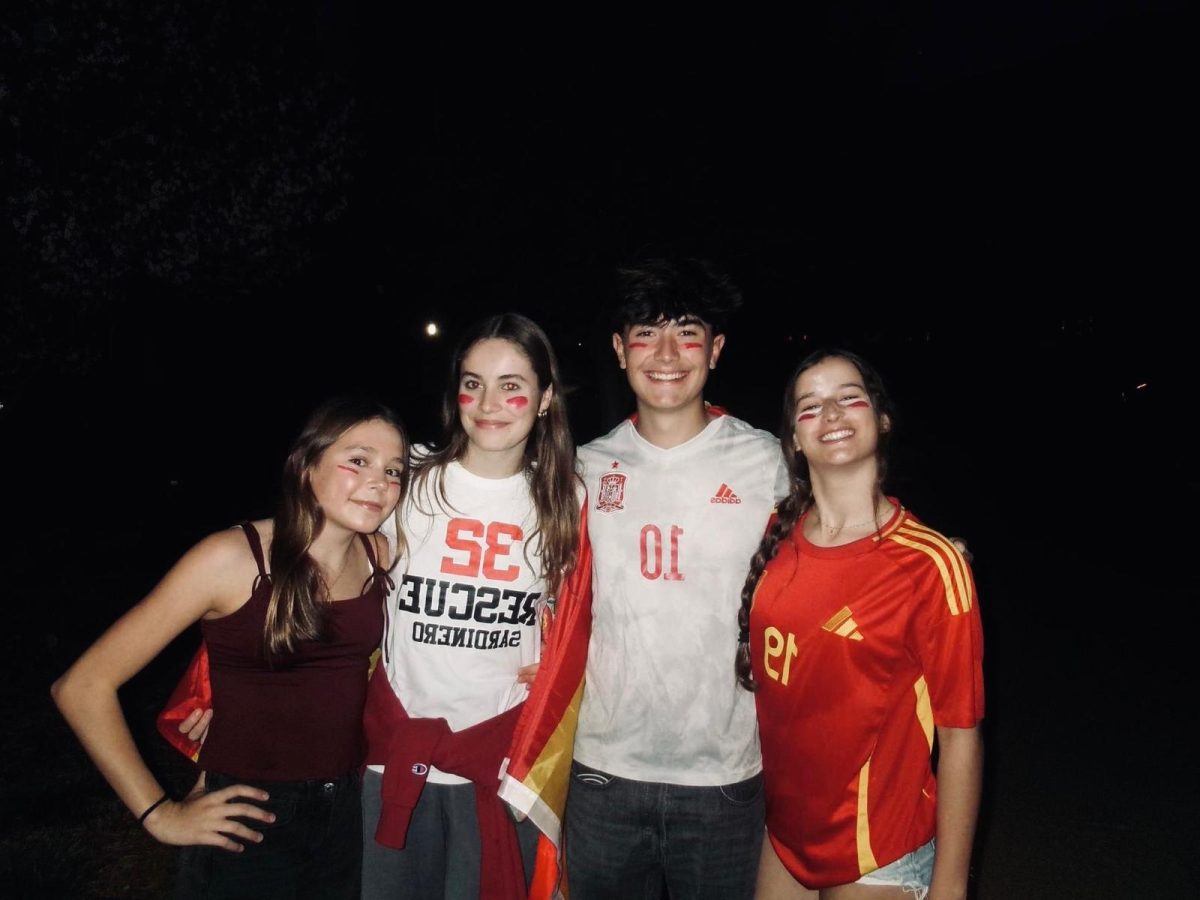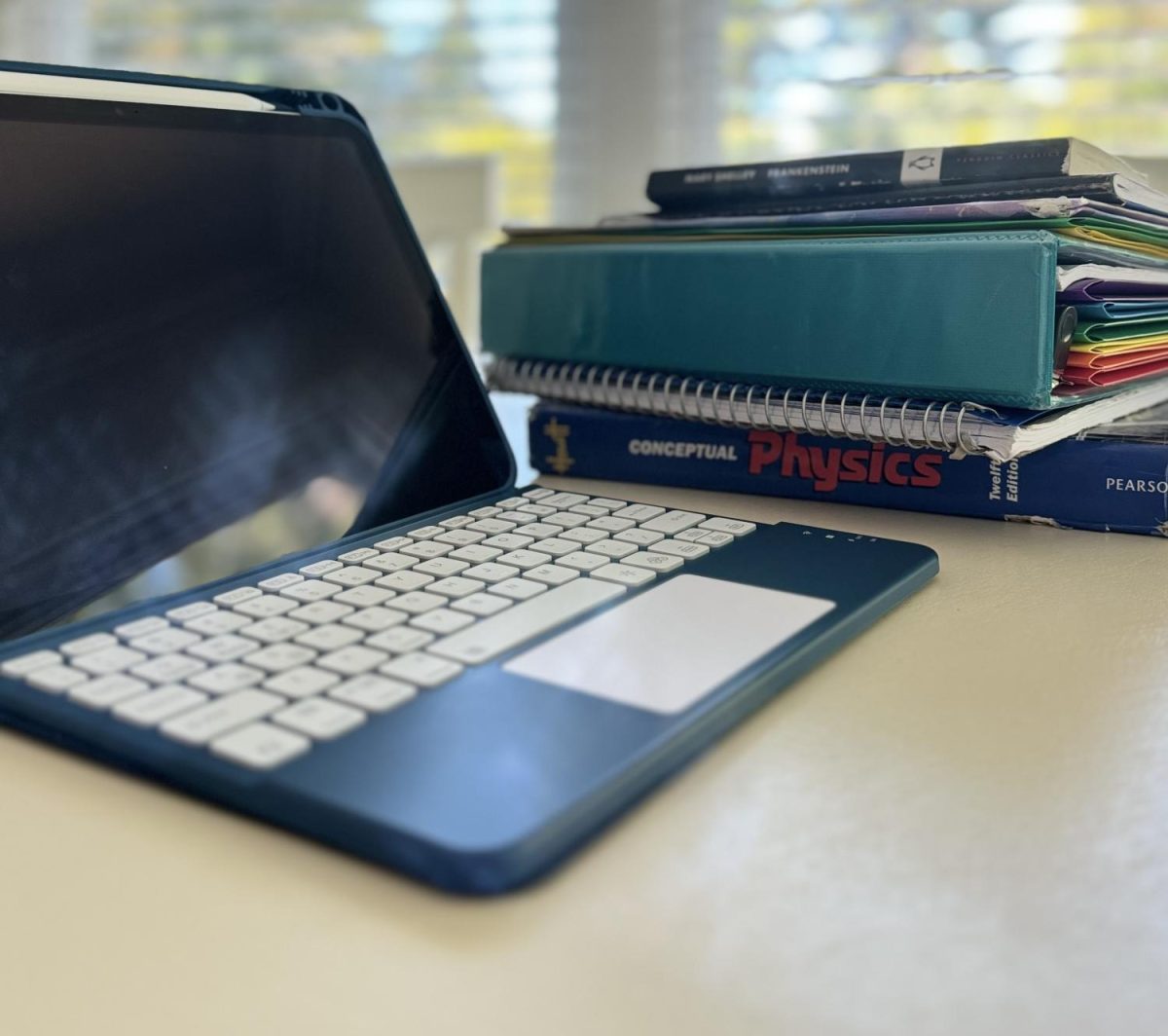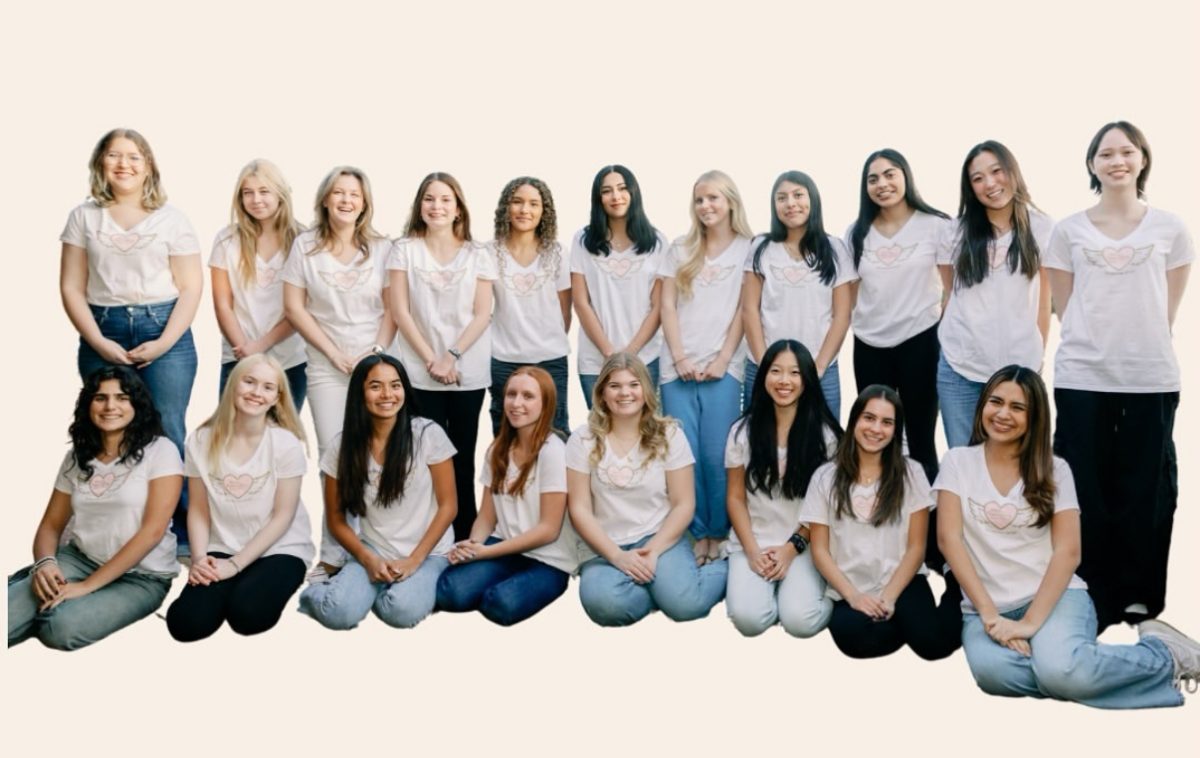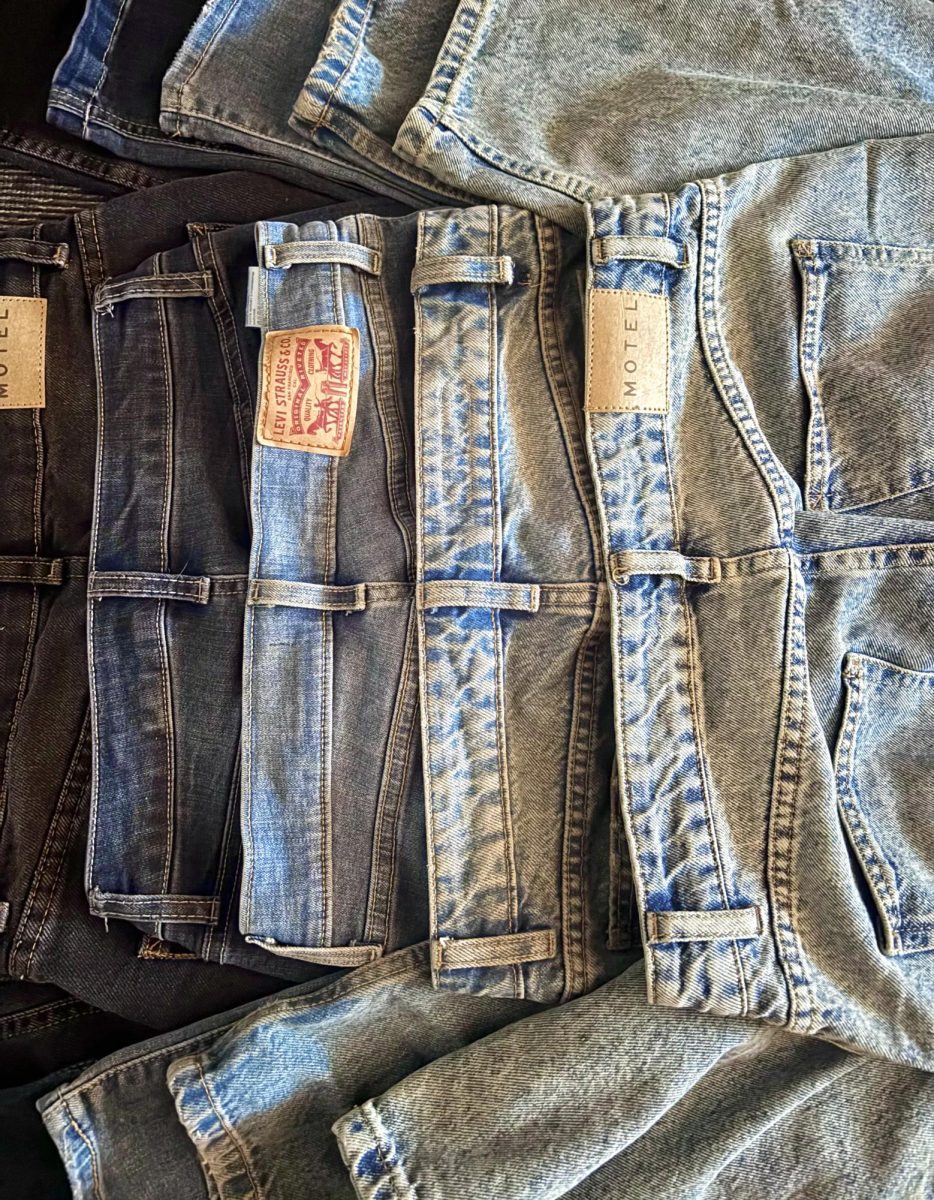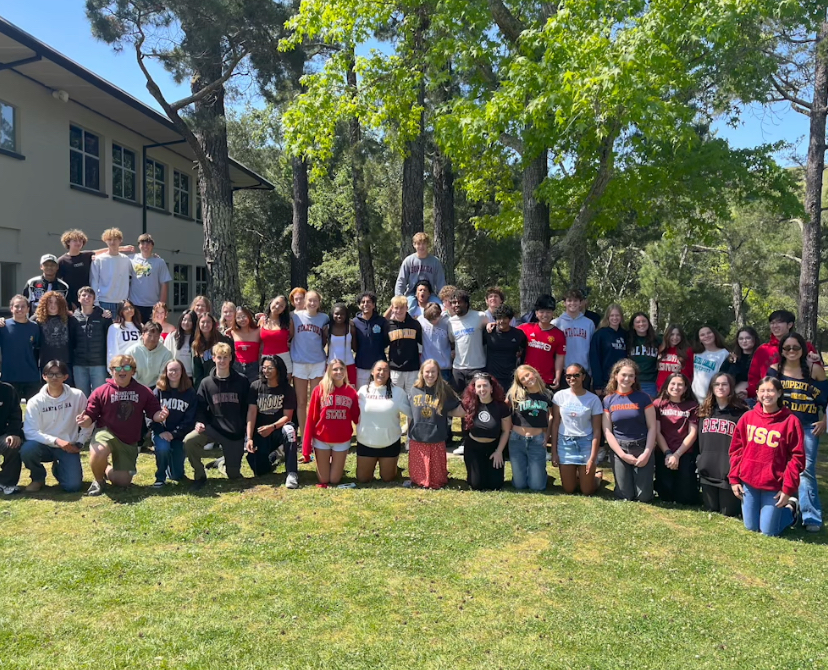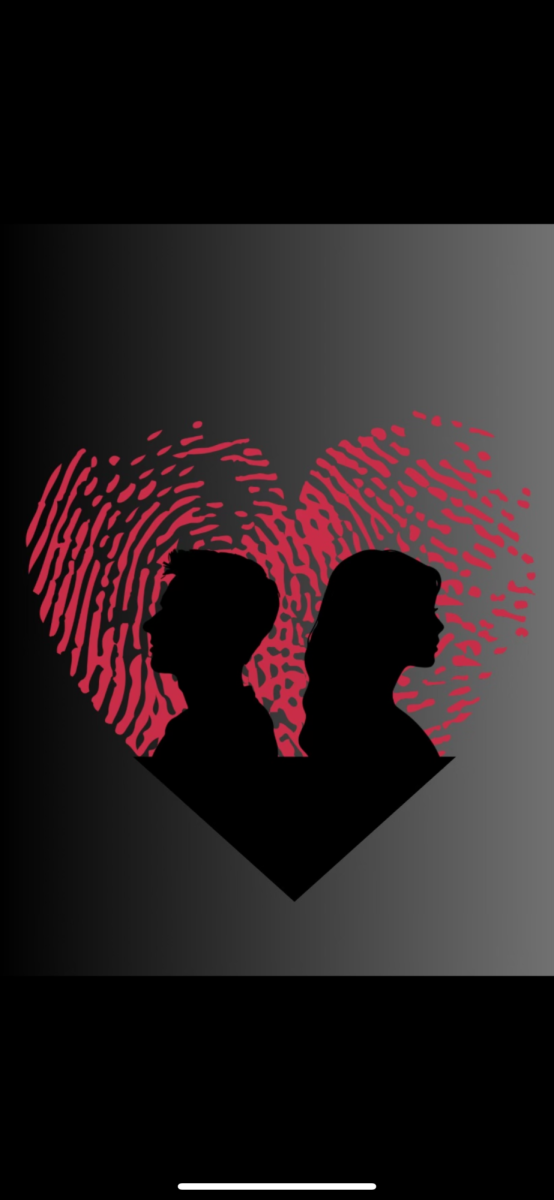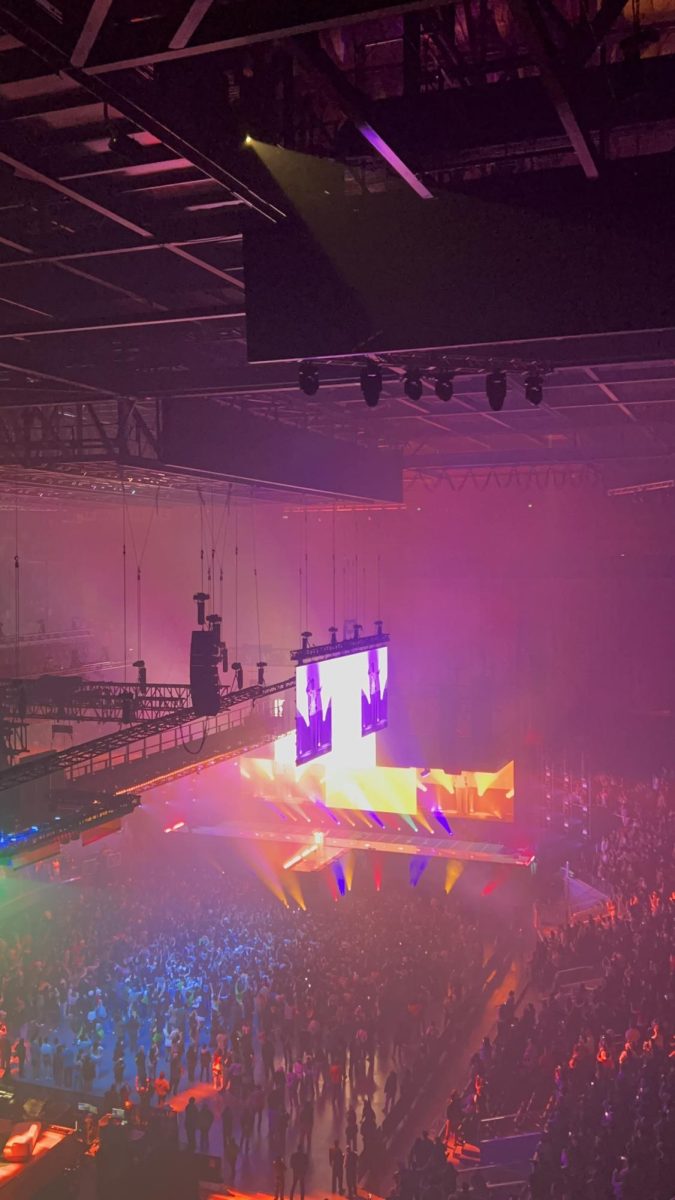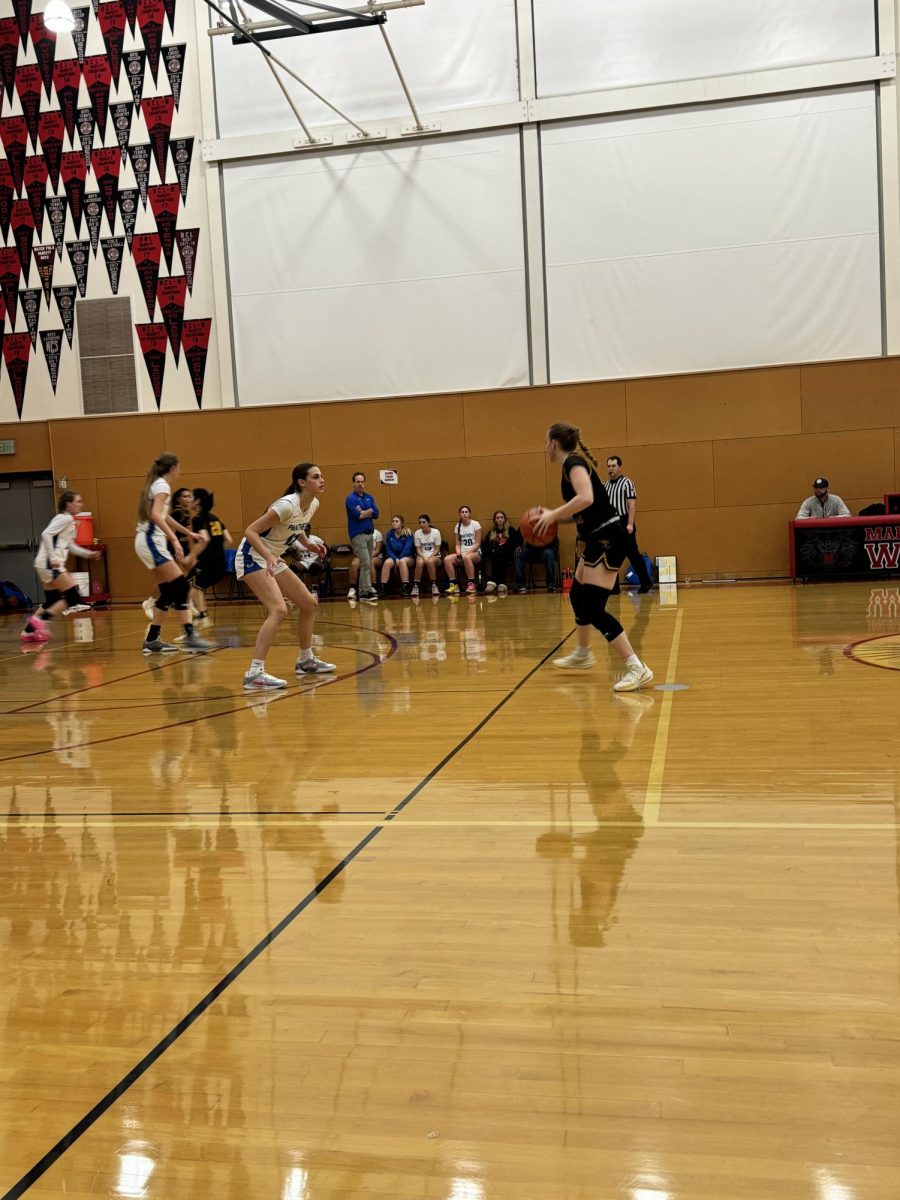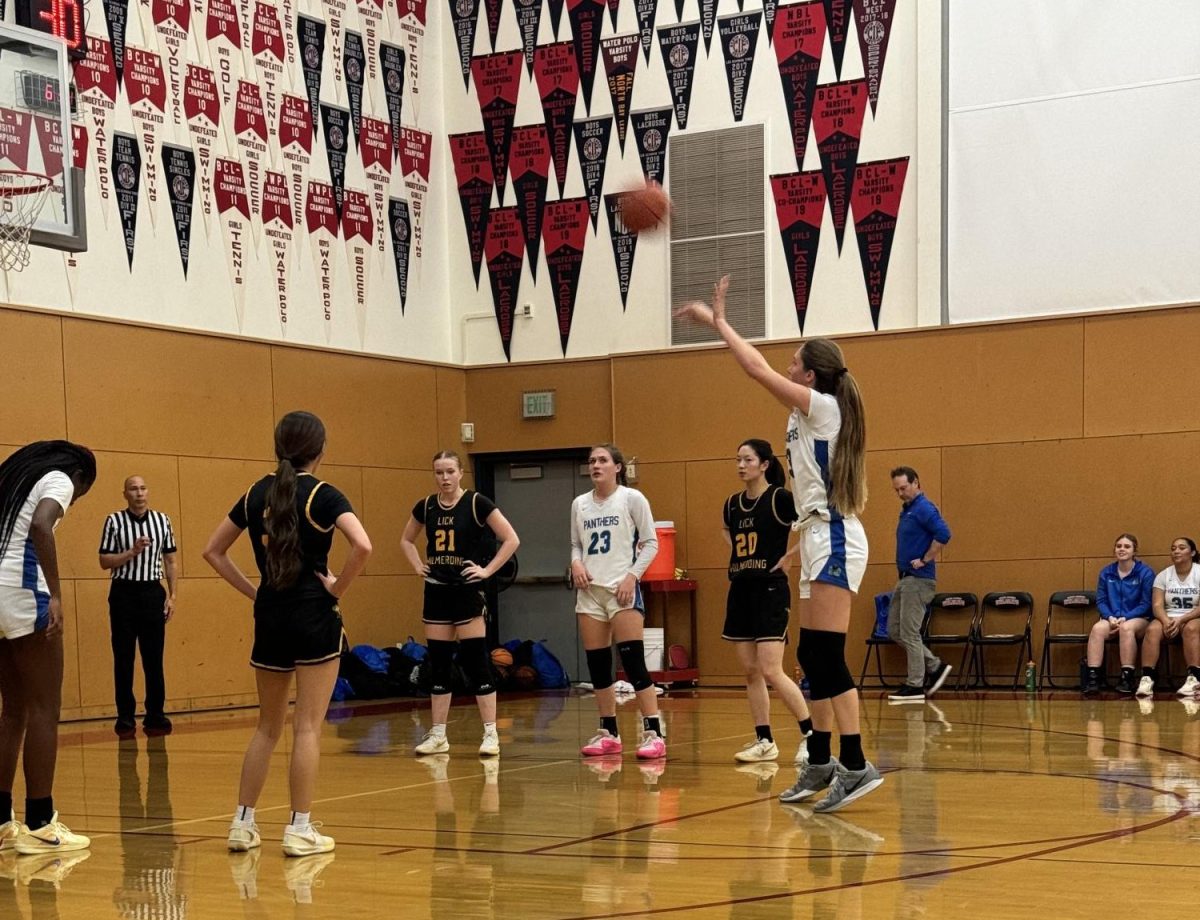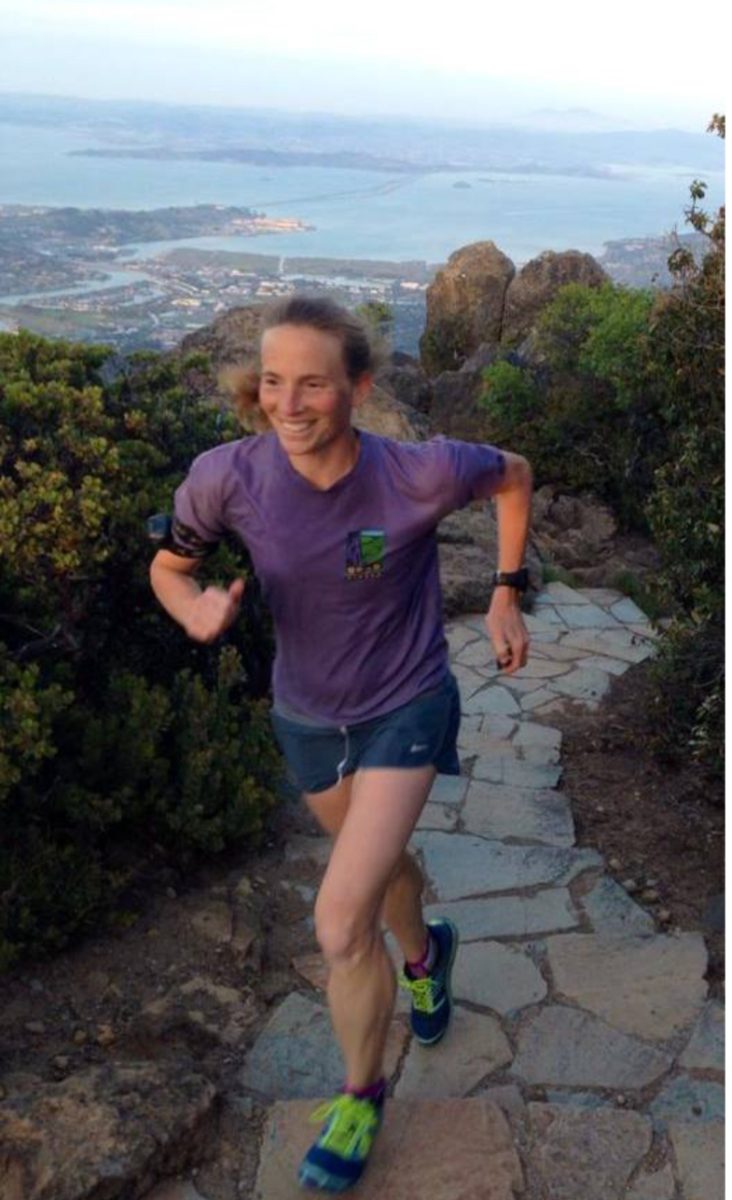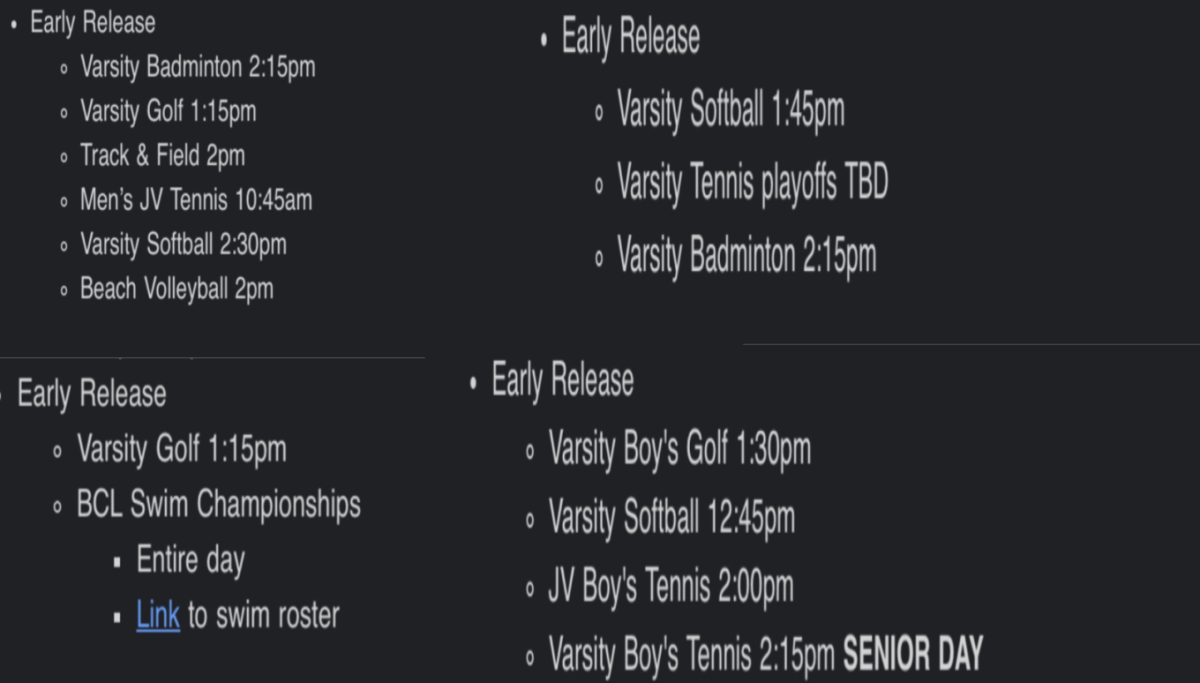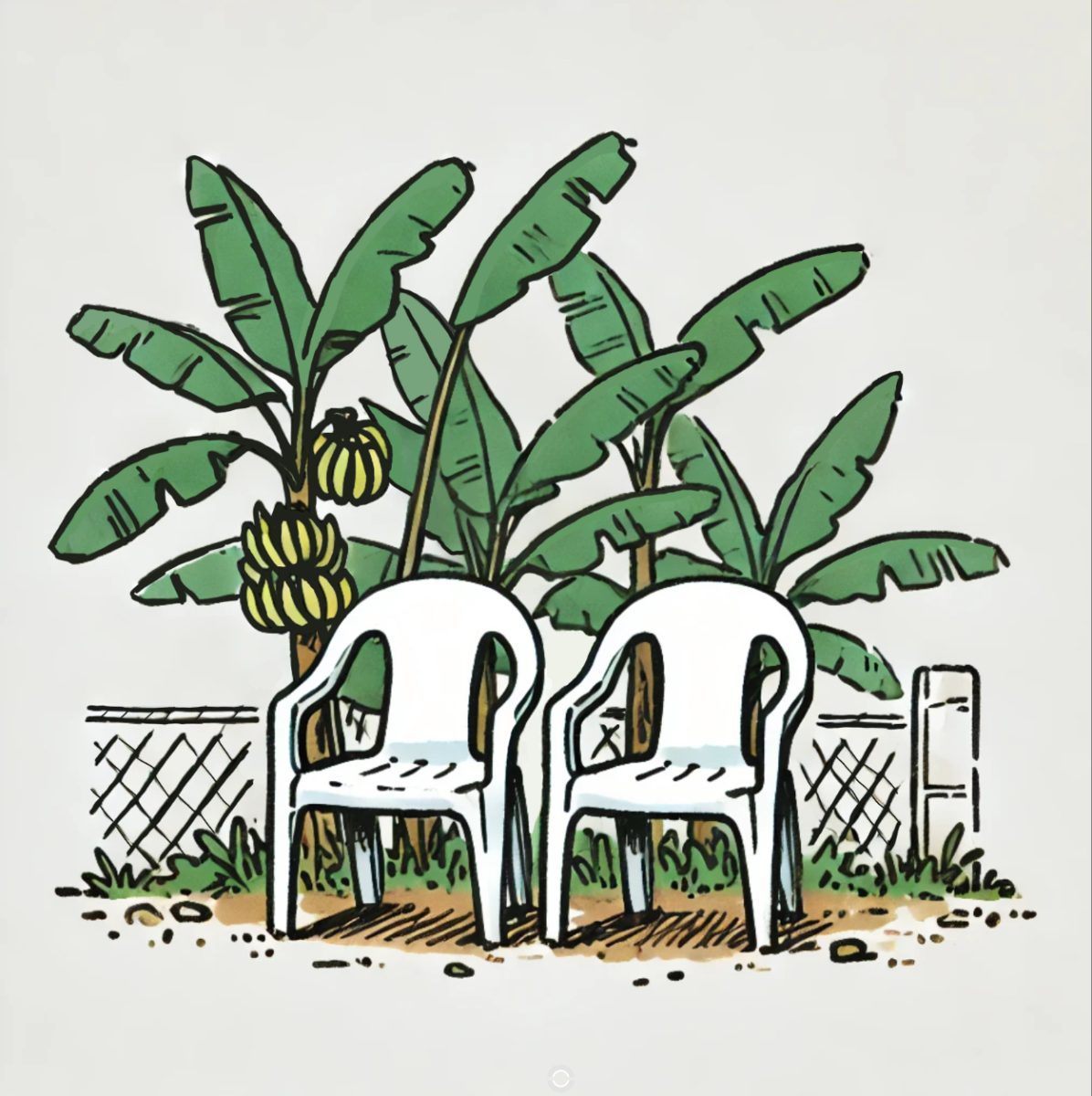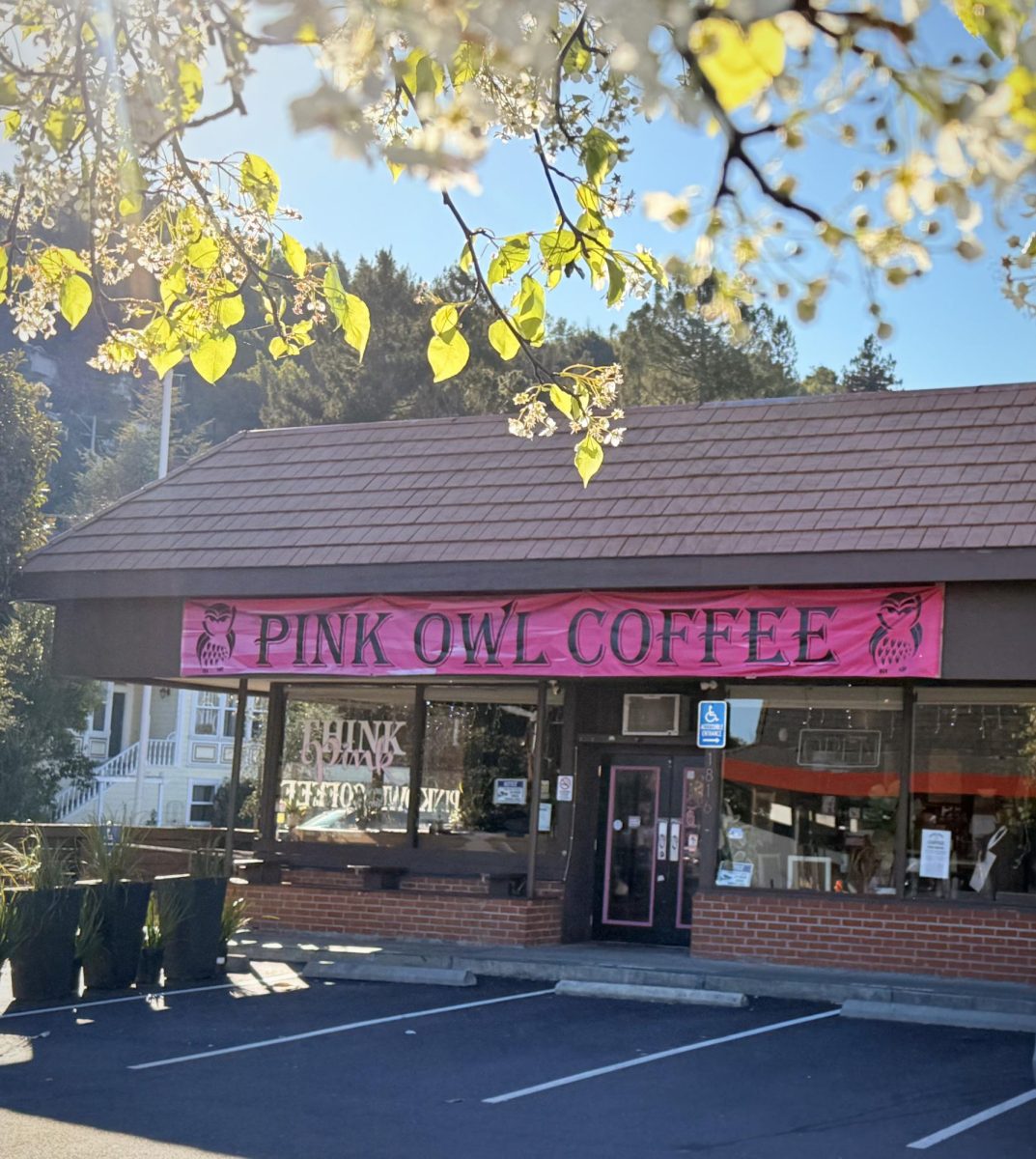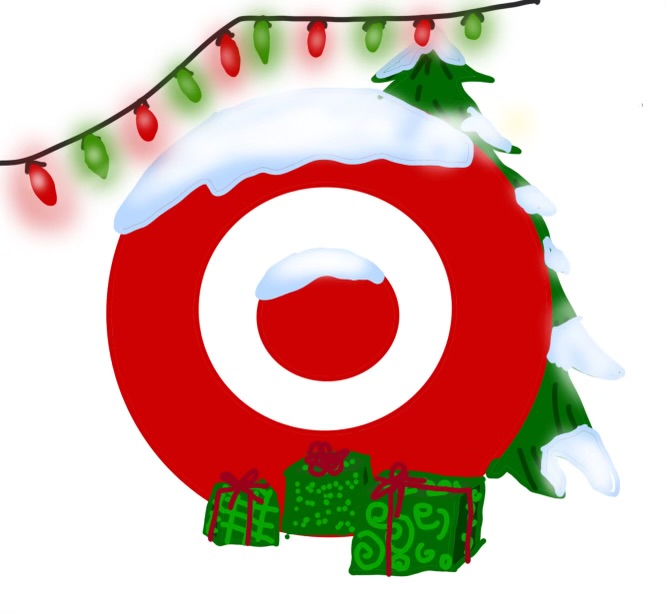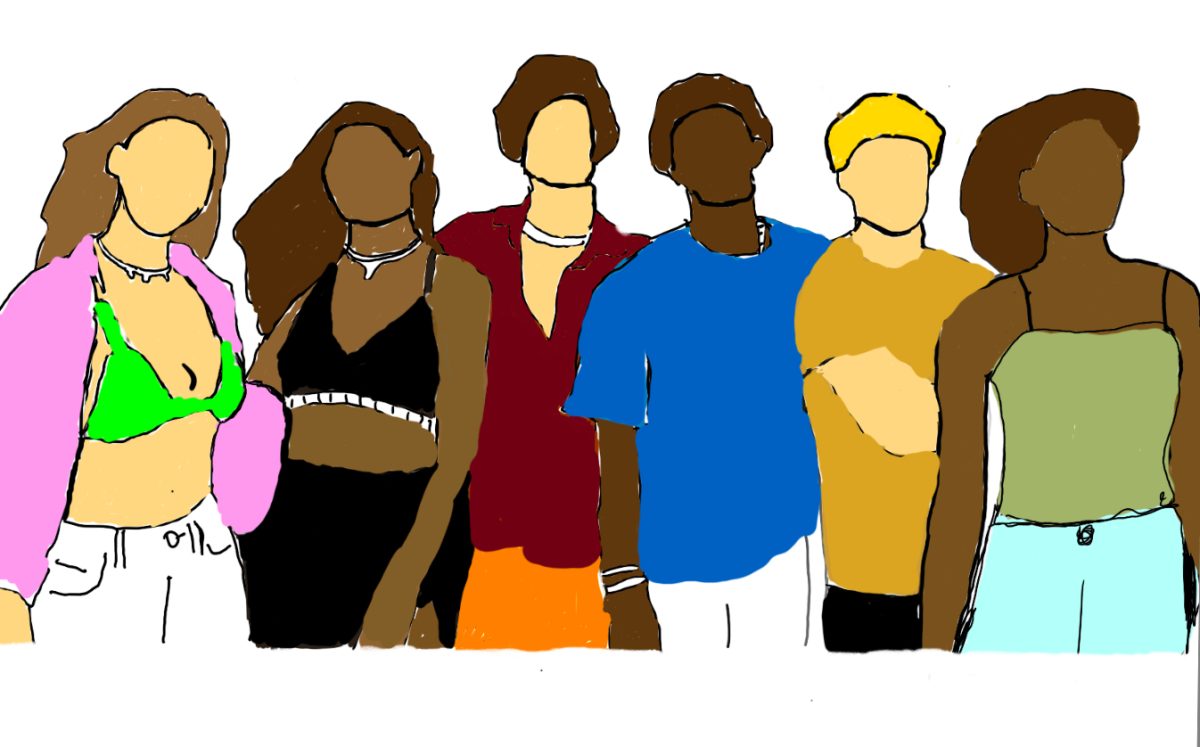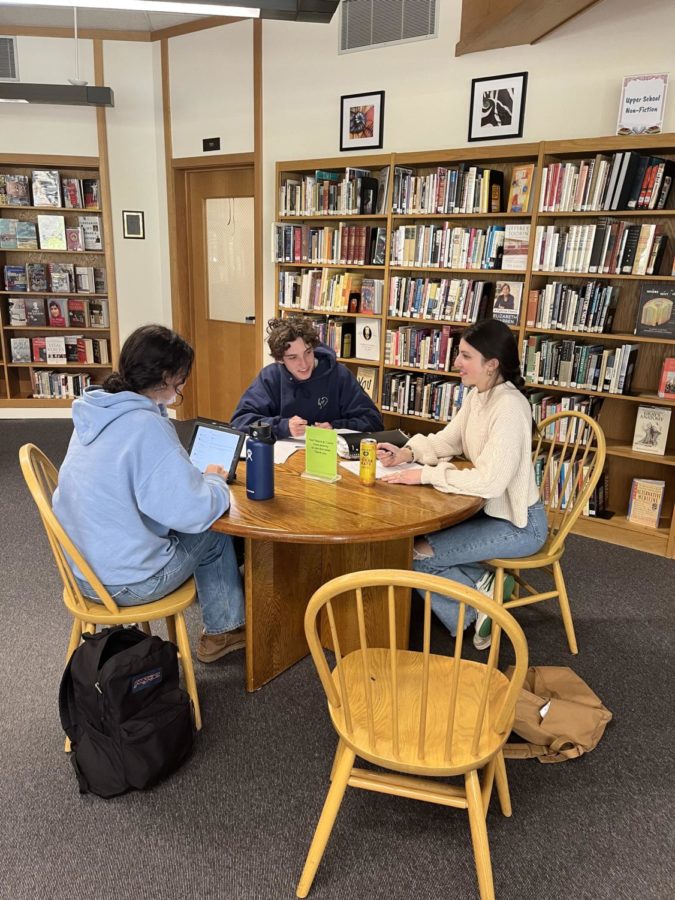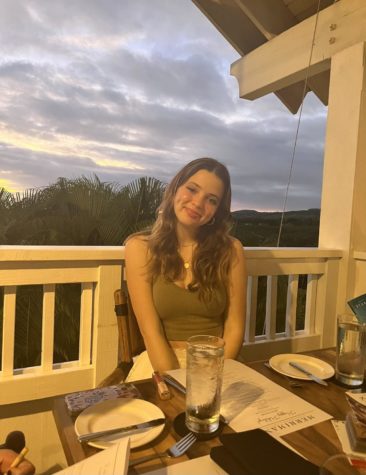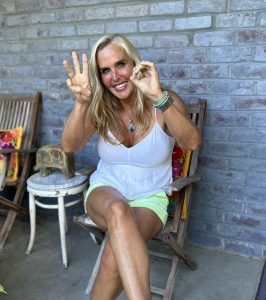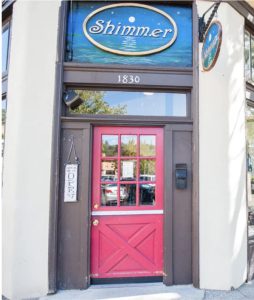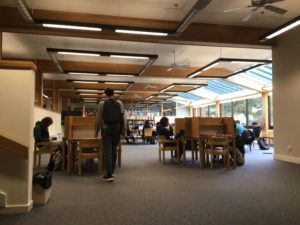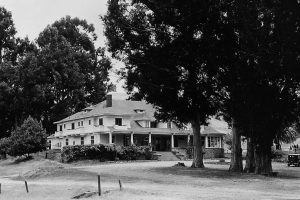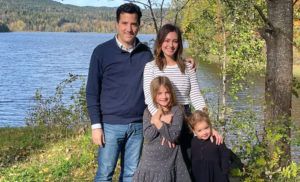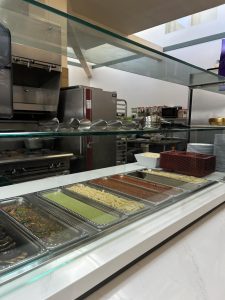Different isn’t damaged
A deeper dive into neurodivergent thinkers
March 27, 2023
During one of the recent presentations on how to avoid microaggressions at San Domenico High School, I started to question whether San Domenico fully understands how to be inclusive of their neurodivergent population. I have a learning difference that has affected me my whole life, and I noticed some key inaccuracies with the information presented during a recent assembly.
One of the first inaccuracies had to do with academic performance of neurodivergent students. Presenters recommended that you should not shout out your test scores. This is good advice in general, but it doesn’t specifically apply to neurodivergent people. In fact, it implies that neurodivergent people are not performing well on tests. To make a statement like that puts everyone in this one category, which is very limiting, not to mention insulting. According to an article in Frontiers in Psychology by Lorna G. Hamilton and Stephanie Petty, “ … neurodiversity is one dimension of difference within an increasingly diverse student population, which overlaps- but is not synonymous- with disability.”
The second recommendation was to not brag about the amount of AP and honors classes that you’re taking. Again, this is good advice in general, but it doesn’t only apply to neurodivergent people. In fact, there are many high performing neurodivergent students at San Domenico who have challenging course loads. All of these assumptions about neurodivergent people lead to the microaggressions that negatively impact neurodivergent thinkers, which is what the presentation was trying to prevent.
In an effort to dispel these assumptions, a clear definition of neurodivergence is needed. This is a very broad category and can be difficult to define but some of the conditions that fall under this category are ADHD, Autism, Dyslexia, Dyscalculia, Dysgraphia, and Down Syndrome. According to Forbes Health, “Neurodivergent is a non-medical umbrella term that describes people with variation in their mental functions.” Judy Singer, a self advocate for autism, explains how neurodiversity provides an opportunity for society to learn about individuals whose brains operate differently than what is considered typical.
One of the best antidotes to microaggressions is a supportive community. Fortunately, San Domenico has a learning resource center to support students. Adam Rosenthal, a San Domenico learning specialist, talks about the learning resources that are available for students.
“In the learning resource center Nora Nemiroff and I are available to meet with students one on one to make plans, go through canvas, help students make plans to communicate with their parents, teachers and classmates as needed,” Rosenthal says. “We have a math lab, writing workshops and peer tutoring along with one on one work time with teachers during study hall and after school.”
To be clear, different doesn’t mean damaged. We have a lot to learn from people who have different ways of thinking, and with support and understanding, neurodivergent individuals will continue to be an asset to the San Domenico community.
